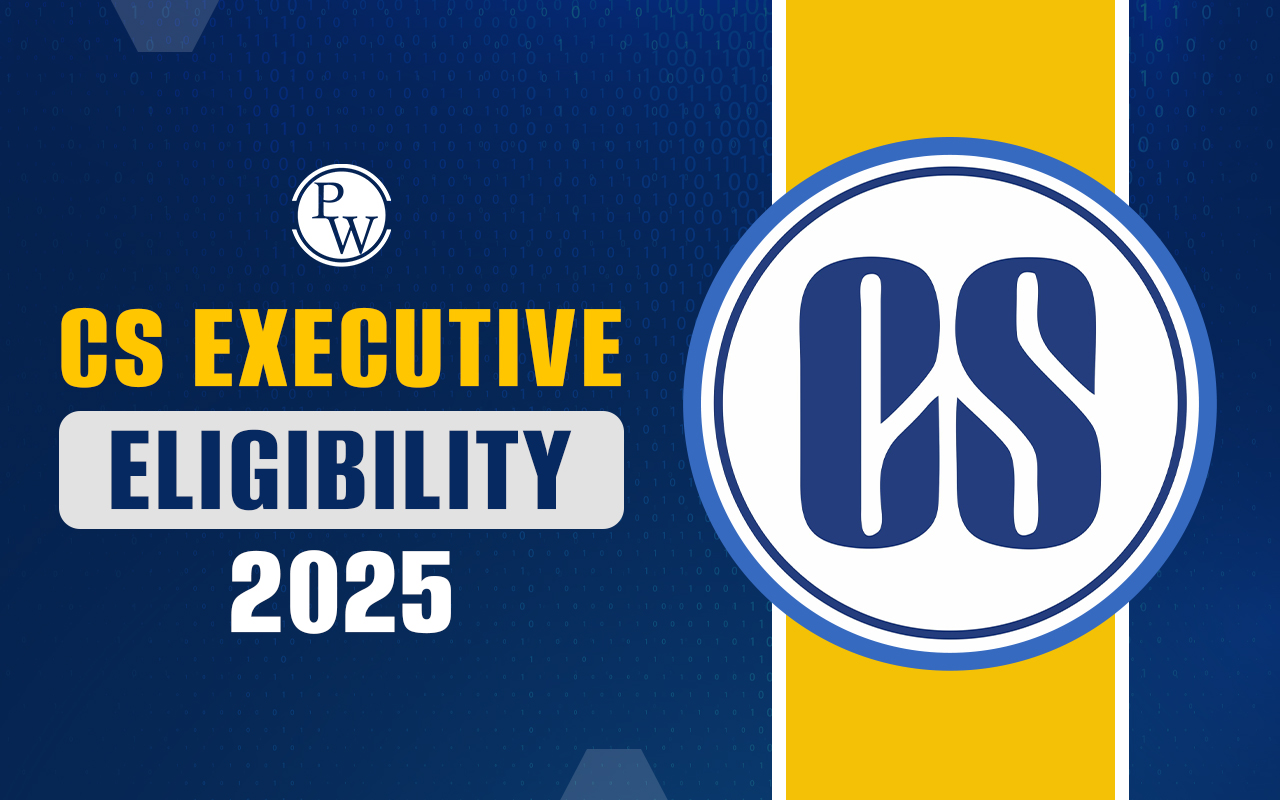
Board of Directors Legal Responsibilities and Decision-Making: Corporate governance is a critical element of any successful business strategy, and at its core lies the crucial role of the board of directors. Tasked with ensuring that companies operate responsibly, ethically, and in line with regulatory norms, the Board of Directors Legal Responsibilities serve as a foundational aspect of maintaining corporate integrity. These responsibilities are not just obligations on paper they shape decision-making, risk management, and the long-term vision of a company.
Understanding the Board of Directors
The Board of Directors acts as the representative body of the shareholders. Its primary function is to steer the company towards long-term success. While executive directors manage day-to-day operations, non-executive and independent directors offer oversight, guidance, and unbiased judgment in decision-making.
There are several types of directors in an organization: Executive Directors, Non-Executive Directors, Independent Directors, Additional Directors, Alternate Directors, and Nominee Directors. Each plays a distinct role in ensuring the firm meets its statutory and fiduciary duties.
Board of Directors Legal Responsibilities
One of the central pillars of corporate functioning is the set of legal obligations imposed on board members. These Board of Directors Legal Responsibilities are clearly articulated under Section 166 of the Companies Act, 2013. Below are some key responsibilities:
Act in Good Faith: Directors are expected to act in good faith to promote the objectives of the company. Their actions must benefit the shareholders, employees, community, and the environment.
Exercise Independent Judgment: Decision-making must be free from bias. Directors should use their own reasoning and not be unduly influenced by others.
Due Diligence and Skill: The law mandates directors to exercise due and reasonable care, skill, and diligence. This involves actively participating in meetings and staying informed about company matters.
Avoid Conflicts of Interest: A director must abstain from situations where their personal interests conflict with those of the company. Transparency is essential.
No Undue Gain: Directors must not aim to secure personal or associative benefits through their position. Any attempt to do so could result in legal penalties.
Non-transferability of Position: A director cannot assign his office to someone else. This restriction ensures accountability.
The Board of Directors Legal Responsibilities carry penalties if violated. As per the Companies Act, contravention may attract a fine starting from one lakh rupees and can go up to five lakh rupees.
Independent Directors and Their Unique Role
Independent Directors serve as the backbone of corporate governance. They are particularly responsible for safeguarding the interests of minority shareholders and ensuring that the board's decisions reflect balanced judgment.
The Board of Directors Legal Responsibilities for independent directors include:
- Upholding ethical standards
- Exercising unbiased judgment
- Spending adequate time on board duties
- Monitoring performance and risk management
- Participating actively in board committees
These responsibilities ensure that the board remains committed to transparency and stakeholder protection.
Legal Framework Supporting the Board
The framework that governs the Board of Directors Legal Responsibilities includes various guidelines, not just limited to the Companies Act. Regulatory bodies like SEBI (Securities and Exchange Board of India) also issue corporate governance norms, especially for listed companies. These include requirements for board composition, committee functions, and disclosure practices.
Additionally, the Securities Contracts (Regulation) Act and Listing Obligations and Disclosure Requirements (LODR) guide how decisions are documented and reported. These frameworks collectively aim to promote fairness, accountability, and sustainability.
Decision-Making within Legal Boundaries
Strategic decision-making by the board is not merely about commercial intuition. Every decision must align with the legal and ethical boundaries laid down by statutes and corporate policies. Whether it is approving financial statements, restructuring, or expanding operations, the Board of Directors Legal Responsibilities ensure that all actions are in compliance with legal obligations and shareholder expectations.
For example, before approving any merger, directors must:
- Evaluate the potential impact on shareholders
- Review compliance with regulatory approvals
- Ensure fair valuation and transparency
Such careful consideration helps maintain trust and legal conformity.
Challenges and Mitigation
In today’s dynamic environment, fulfilling the Board of Directors Legal Responsibilities can be challenging. Emerging risks like cybersecurity, ESG (Environmental, Social, Governance) standards, and global compliance norms require directors to constantly update their knowledge base.
To mitigate risks:
- Regular board training and workshops are essential
- Legal advisors should be consulted frequently
- Proper documentation of board proceedings must be maintained
These measures enhance the board's ability to respond effectively to complex legal situations.
The Board of Directors Legal Responsibilities form the backbone of responsible and sustainable corporate governance. With clearly defined duties ranging from fiduciary obligations to ethical decision-making, board members play a pivotal role in guiding the company toward long-term success.
In the modern business landscape, compliance is no longer optional. Companies that prioritize strong governance structures not only gain the trust of stakeholders but also position themselves for sustainable growth. By understanding and adhering to the Board of Directors Legal Responsibilities, organizations can ensure they remain on the right side of the law while achieving their strategic goals.
Join PW CS Online Courses and build a strong foundation in corporate laws and governance with structured learning and dedicated support.
Board of Directors, Legal Responsibilities and Decision-Making FAQs
What are the primary legal responsibilities of a board of directors?
How does the Companies Act, 2013 define the legal duties of directors?
Why is it important for directors to avoid conflicts of interest?










